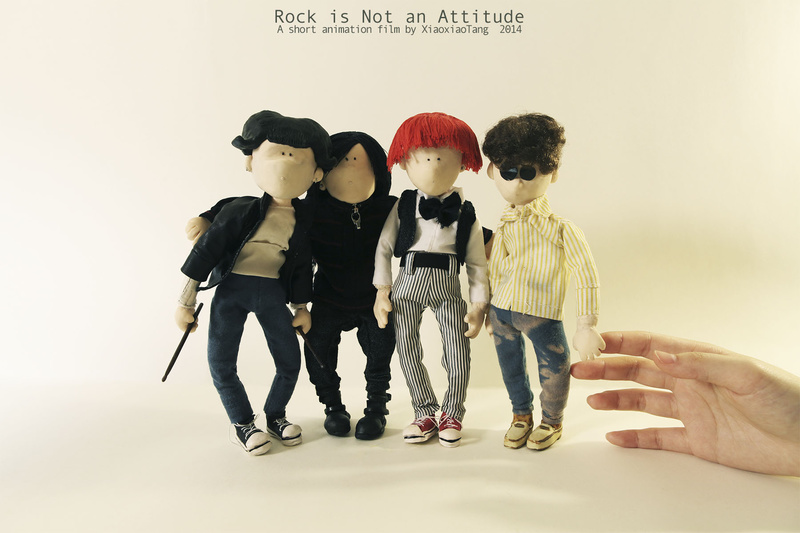On 13th and 14th May and 20th and 21st May, I was privileged to conduct a Basics of Screenwriting Masterclass at
Talanta Institute. On the 13th, we covered Differences between screenwriting and other types of creative writing, types of protagonists, types of antagonists, the logline and S.M.A.R.T goals. We went through the students’ loglines and critiqued them.
On the 14th, we begun by watching #ROFFEKEOFFICIALSELECTION2018 “The Riveters”, which was written and directed by Kate Felix.
"Fed up with her 'lame duck' status, The Upstart decides to face The Patriarch in a 1940's feminist throw-down"
DIRECTOR STATEMENT
"We have created this film to explore the barriers, historic and contemporary, to women making films. It was written, produced, and edited by an all-woman crew. All women, only women, start to finish (with the exception of the two male actors!). With it' s short run time and powerful, unapologetic message, this film would be an ideal piece to introduce or conclude a shorts program.
This is the Director/Screenwriter's first film. She is a mother of 3 with another full time job who still somehow manages to get awesome ideas on to the screen. All of the women in this production collaborated both in and outside of their traditional professional roles to make this program a success. This film is a testament to what women can do when they give themselves permission to go out and kick ass."
We used "The Riveters" to recap what we had learned on Day 1. I later asked the students five questions related to the short film. Below are some of their answers:
1.What did you like about the short film?
It was short and precise, straight to the point.
- Edminah Kanana M.
It was Clear and precise ,the protagonist, antagonist and goal was clearly brought out.
- Fredrick Kimani.
It was brief and to the point.
- Moses a.ka. Pinto.
I liked the short film on how they managed to tell the story in less than two minutes.
- Denzon Mau.
There is the protagonist, antagonist and one is able to know the goal because it's clear.
- Carol Kanyora.
2.What didn't you like about the short film?
They did not show us what next, what she planned to do when her proposal was rejected.
- Edminah Kanana M.
The suspense it left me with.
- Moses a.k.a Pinto.
I didn't like how the film ended. If one is not keen enough he/she may not know the protagonist’s final decision.
- Denzon Mau.
I didn't get know if she became a filmmaker.
-Fredrick Kimani.
Nothing. To me it's perfect.
- Carol Kanyora.
3.What does this short film remind you of?
The film reminds me some of the challenges that some film makers go through because not everyone especially the parents appreciate film as a career.
- Denzon Mau.
The day I told my parents that I wanted to engage myself in acting, out of the love I had for it. I wanted to be the next Natalie Portman (world famous actress) but they wanted me to be an engineer. It was a hectic time to convince them.
- Carol Kanyora.
My friend whose parents chose an engineering course for her, and that was not her passion. She did the course and took the certificate to them. She started hustling to help herself study for art and design.
- Edminah Kanana M.
There must be a protagonist,antagonist and a goal.
- Fredrick Kimani.
The lecturer on Act 1
- Moses a.k.a Pinto.
4. On a scale of 1 to 10, with 1 being very poor and 10 being excellent, how would you rate this film?
8/10...very good.
- Edminah.
On a scale of 1 to 10 I give it 5 because it was fair
- Denzon.
A 9
- Fredrick Kimani.
5
- Carol.
8
- Moses a.k.a Pinto
5. Any other thoughts you would like to add about the short film?
They should at least have shown us what they were going to do next now that the man had refused.
- Denzon Mau
Even though we can predict through her smile what will happen next,they should have shown us what happened maybe.
- Carol Kanyora
Act in 21st century style, to make it more attractive, capture attention.
- Edminah Kanana M.
It was interesting.
- Fredrick Kimani.
I enjoyed it.
- Moses a.k.a Pinto
'The Riveters' touches on SDG 5


































































































































































































